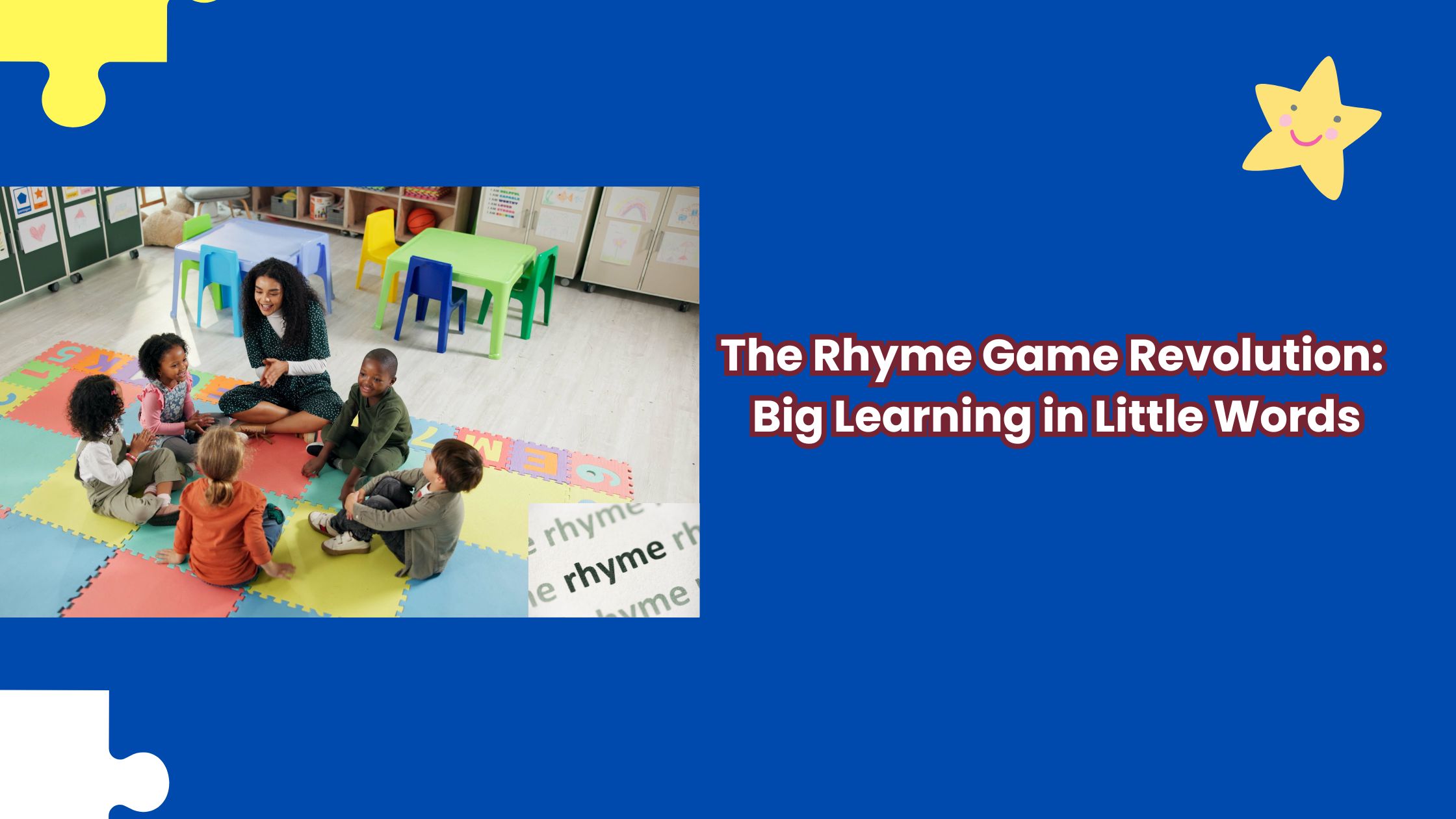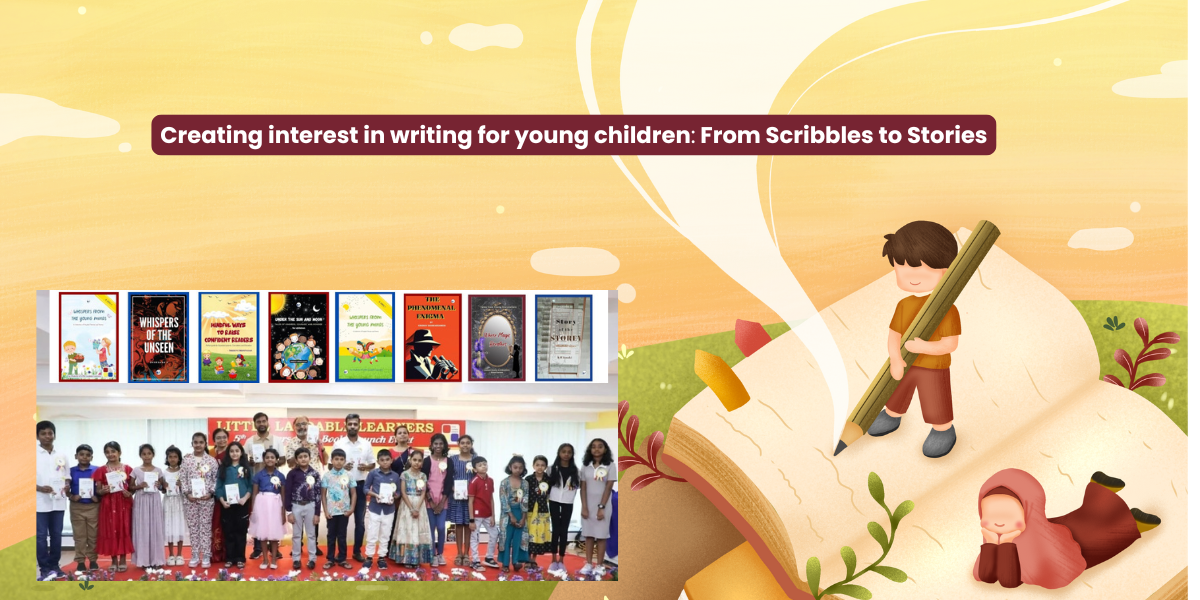
The Rhyme Game Revolution: Big Learning in Little Words
The Rhyme Game Revolution: Big Learning in Little Words
“Children who are good at rhyming by age five tend to become better readers.” National Institute for Literacy
There’s something magical about rhyme. It’s the first trick language plays on a child. And it’s not just fun, it’s functional. Rhyme builds memory. It tunes the ears. It teaches structure. Yet, we often forget its value once nursery rhymes fade from bedtime routines.
What if I told you a simple rhyme game can sharpen vocabulary, boost reading, and give your child a confidence rush? And the best part? You don’t need any gadgets, apps, or worksheets. Just your words. And maybe a laugh or two.
Let’s explore how parents can turn everyday time into a treasure trove of learning with rhyming word games.
Why Rhyme Matters at Home
Rhyme trains the brain. When children play with rhyming words, they are learning to listen, compare sounds, and predict language patterns. These are the same skills they’ll need when they read longer texts or decode difficult words.
Even better? Rhyme makes learning stick. Words that rhyme are easier to remember, and recall strengthens when meaning is attached. So, the word mile becomes memorable when it’s said alongside smile, especially if there’s a grin involved!
Game 1: Rhyme Hunt Around the House
Objective: Spot and match rhyming words with real-world objects.
How to play:
Call out a word like “hat” and ask your child to find something at home that rhymes with it. Could be a “mat” on the floor or a picture of a “cat.”
Why it works:
It combines movement, word recall, and attention to surroundings. You’ll be amazed how quickly they connect language with life.
Bonus Tip: Keep a “rhyme jar” and drop a coin or sticker every time a match is found. Simple rewards work wonders.
Game 2: Word Puzzle Match
Objective: Match rhyming pairs from pre-written cards.
How to play:
Write word cards: rain, train, bless, less, repair, pair. Mix and lay them out. Your child must match the rhymes.
Learning Boost:
This sharpens visual memory and strengthens spelling. Plus, it’s tactile, great for kids who love hands-on activities.
Add a twist: Time the round or play it in teams during family night.
Game 3: Draw Your Rhyme
Objective: Visualize rhyming words through drawing.
Instructions:
Let the child pick five rhyming pairs, like cowboy and boy, cloud and loud. Then, ask them to draw a quick sketch for each pair.
Why it’s powerful:
It blends creativity with cognitive processing. They’re not just hearing the rhyme, they’re seeing and shaping it.
Parent Tip: Don’t worry about drawing skills. Encourage imagination over perfection.
Game 4: My Rhyme Book Project
Objective: Make a personal rhyme storybook.
Materials Needed: Just paper, pencil, crayons, and time.
Ask your child to write one rhyme pair per page with a sentence or short story. Example:
“The plate was on the gate.”
“She screamed when she saw the cream.”
Encourage illustrations. Bind the pages. You’ve just made a book!
Value Add: This nurtures storytelling and gives children ownership over their words.
Game 5: Find the Hidden Word
Objective: Spot smaller words within big ones.
Try these:
- Always → Ways
- Heart → Art
- Inside → Side
It’s like a scavenger hunt, but with letters. Ask your child to circle or highlight the inner word.
Why this works: It builds vocabulary by showing how words connect and nest inside one another.
Make It a Habit, not a Task
These games aren’t about testing; they’re about playing with purpose. You don’t need a classroom to teach. You need connection. Consistency. Curiosity.
Play them during car rides. While brushing teeth. Or right before bedtime. The goal is rhythm, not rigor.
Final Thoughts
When a child plays with rhyme, they’re not just having fun. They’re unlocking the rhythm of language itself.
So, the next time you say smile, pause. Ask what rhymes. Let them think. Watch their eyes light up when they say mile!
It’s not just a game. It’s a foundation. One playful word at a time.



